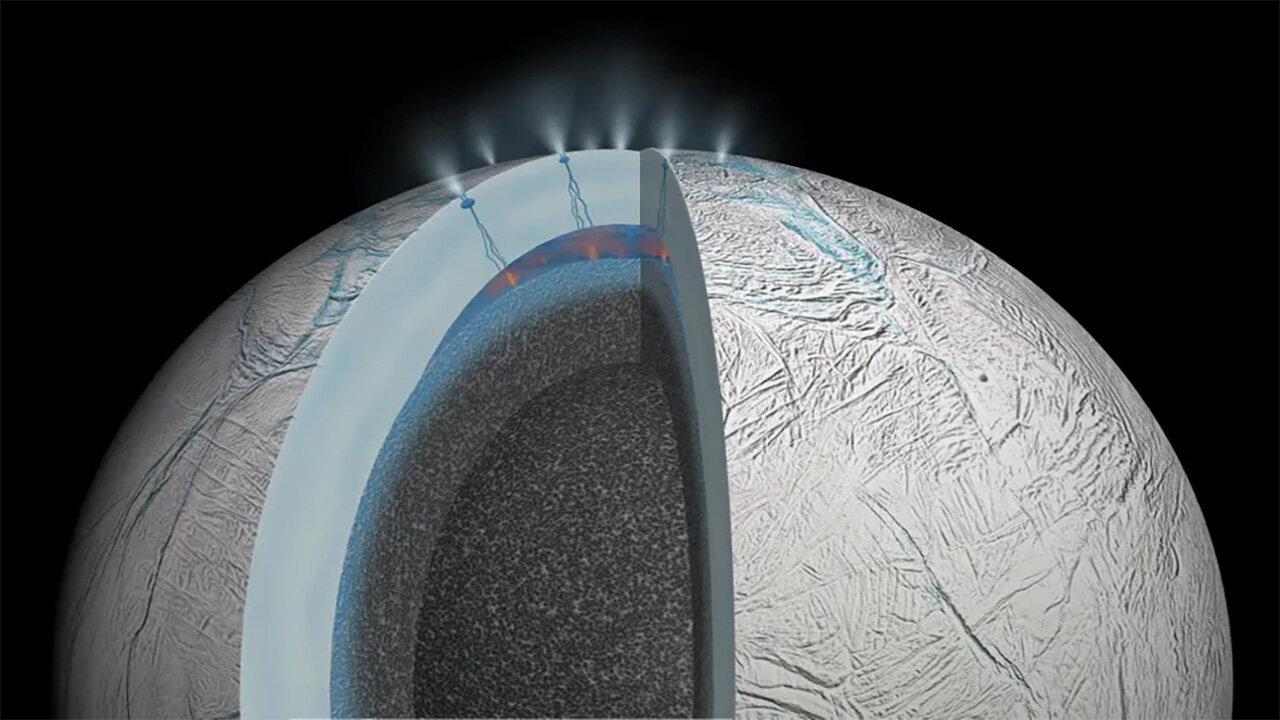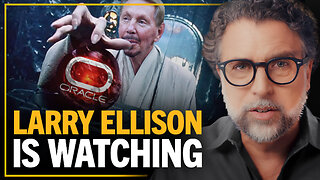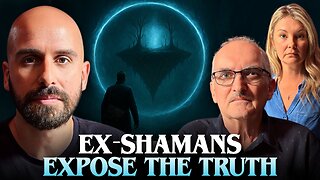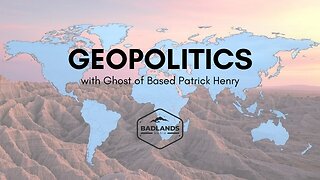Premium Only Content

'Oceanworlds' (1999) J P Landau
J P Landau’s 'Oceanworlds' is a serious, quietly ambitious work of hard science fiction that situates itself in the not-so-distant future of space exploration. The novel centers on a manned mission to Enceladus, Saturn’s enigmatic ice-covered moon, in search of life beneath its frozen surface. What begins as a meticulous scientific endeavor soon evolves into a meditation on isolation, human fragility, and the ethical limits of exploration.
One of the novel’s most distinctive qualities is its commitment to realism. Landau’s prose is clinical at times, prioritizing scientific plausibility over stylistic flourish, and for readers invested in the mechanics of spaceflight and planetary science, this approach delivers a kind of grounded immersion. The characters, while not particularly complex, serve as functional stand-ins for ideological positions—idealism, pragmatism, fear, ambition—which allows the novel to explore larger thematic questions without sinking into melodrama.
What makes 'Oceanworlds' effective is not its plot—much of which unfolds predictably—but its tone and pacing. Landau cultivates a palpable sense of distance, both physical and emotional, from Earth and from the reader. That distance mirrors the astronauts’ own psychological dislocation as they encounter evidence of life, and possibly danger, in a place utterly hostile to human existence. In this sense, the novel is less an adventure story and more a philosophical puzzle about the price of knowing.
Some readers may find the novel’s use of footnotes and scientific exposition overly dense or even intrusive, breaking narrative flow in favor of academic clarity. But this technique underscores Landau’s broader goal: to write science fiction that behaves like a research document, asking the reader not just to imagine but to examine. It's more Clarke than Crichton.
While 'Oceanworlds' may lack the dramatic flair of popular sci-fi thrillers, its integrity lies in its respect for the unknown. Landau doesn’t offer easy answers or sentimental arcs; instead, he gives us a cold, quiet, plausible portrait of what it might mean to confront alien life—and ourselves—beneath miles of frozen ocean.
-
 LIVE
LIVE
Dr Disrespect
8 hours ago🔴LIVE - DR DISRESPECT - BATTLEFIELD 6 - REDSEC LAUNCH - BATTLE ROYALE
1,637 watching -
 1:08:34
1:08:34
DeVory Darkins
5 hours agoDHS announces Major SHAKE UP as Air Traffic Controllers drop ULTIMATUM for Congress
142K94 -
 LIVE
LIVE
StoneMountain64
7 hours agoBattlefield REDSEC Battle Royale GAMEPLAY & 1st Impressions (Free to Play LAUNCH DAY)
94 watching -
 LIVE
LIVE
Dad Saves America
23 hours agoDigital ID Starts With “Protecting Kids.” It Ends With China’s Social Credit Score.
25 watching -
 LIVE
LIVE
LFA TV
20 hours agoLIVE & BREAKING NEWS! | TUESDAY 10/28/25
1,212 watching -
 1:01:27
1:01:27
VapinGamers
6 hours agoTools of the Trade - EP09 The One About Comedy with Lou Perez - !rumbot !music
2.45K1 -
 3:23:22
3:23:22
The Confessionals
5 hours agoThey Crossed Realms Doing Soul Retrievals (and paid the price)
1.71K2 -
 2:13:39
2:13:39
Badlands Media
14 hours agoGeopolitics with Ghost Ep. 52 - October 28, 2025
45.3K5 -
 1:10:07
1:10:07
Sean Unpaved
5 hours agoFreddie's Epic Midnight Walk-Off, Saturday's Coaching Carnage, & NFL Weekend 8 Recap
30.1K -
 9:57
9:57
Neil McCoy-Ward
7 hours agoI Walked Into Something I Shouldn’t Have (London)
19.7K18